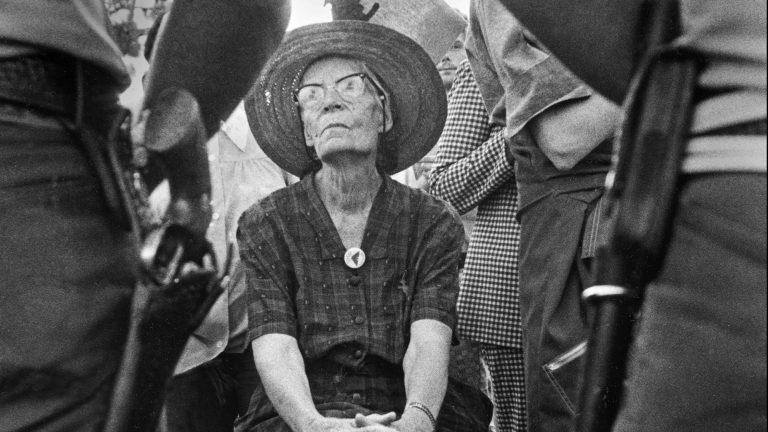
She chose God and eventually Forster left. She decided that she must become Catholic and that Tamar must be baptized and she knew that her husband may well leave her over it, leading her to feel that she must choose between God and family. Their daughter, Tamar Day, was a pivotal event in Day's life. Her second husband, Forster, was a quiet and radical anarchist who desired to live apart from society. She lived a rather "bohemian" life at that time, engaging in two common-law marriages. In her early adult years, Day rejected religion as an opiate of the people but was nonetheless drawn to it.


Part Two, "Natural Happiness" describes her marriage, motherhood and conversion. Consequently, she spent most of her time living on small amounts of money and working for a number of socialists. While she was a talented writer and very intellectual, she had trouble focusing on her studies and was instead attracted to radical political philosophies like socialist, pacifism and anarchism. In 1914, Day went to university on her own, to the University of Illinois at Urbana-Champaign, but left after two years to return to New York City. Her family moved often and she grew up in San Francisco and Chicago. She spends time talking about her family and their religious practices, introducing neighbors and family life. Part One, "Searching," introduces her childhood and adolescence along with her interest in religion which began at a very early age.

She also argues throughout the book that the "long loneliness" is universal in human experience and can only be cured by community life.ĭay's autobiography is divided into three broad sections. The "long loneliness" is a state of loneliness Day often experienced as a child and young adult, which only her conversion to Roman Catholicism and experience in communities of the poor could cure. She is famous not only for her writing and social activism but for founding the newspaper The Catholic Worker with her friend Peter Maurin, which advocated nonviolence, simple living, and aid for the poor. The Long Loneliness is the autobiography of Dorothy Day (1891-1980) who was a devout convert to Catholicism, anarchist, distributivist, social activist and American journalist.


 0 kommentar(er)
0 kommentar(er)
